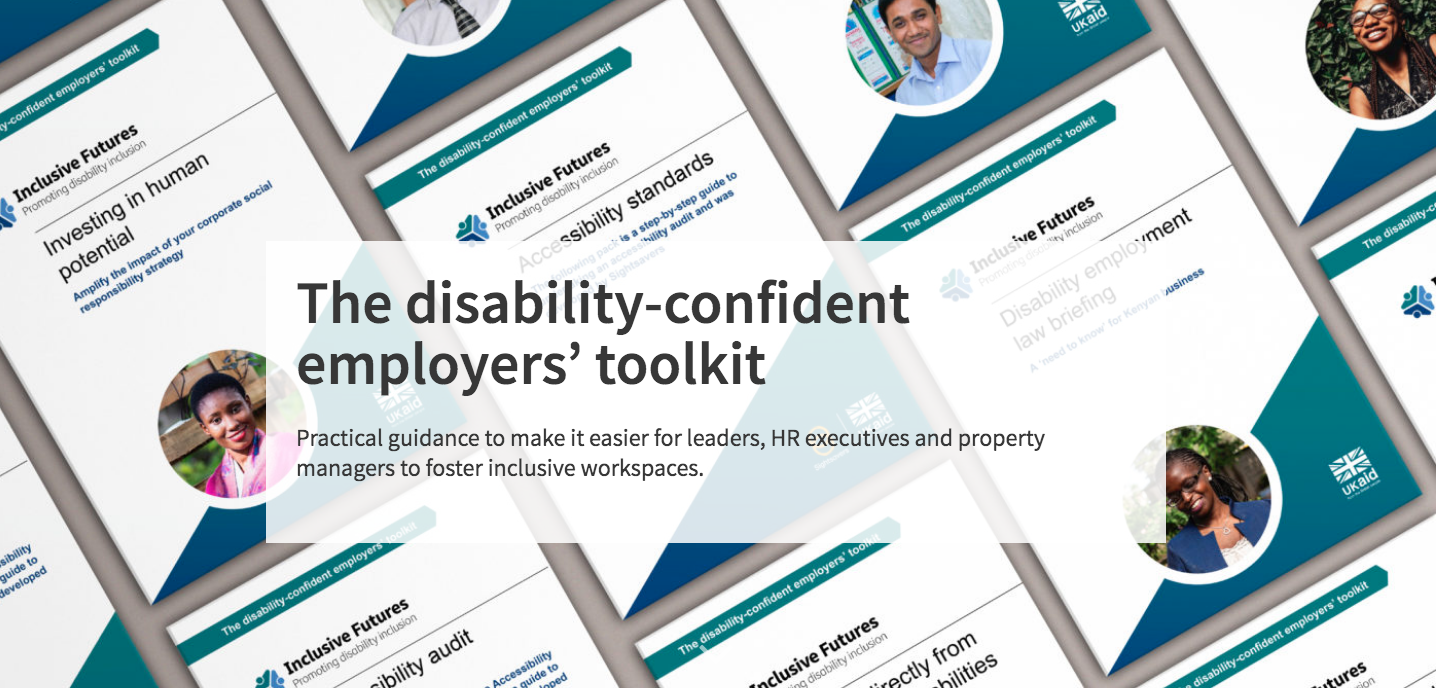Workplace Adjustment Services
Reasonable adjustments, often also referred to as reasonable accommodations, ensure meaningful equal opportunities for employees at the workplace, so their skills and talents can be used to full capacity. By recognizing and adapting for individual needs, companies enhance productivity and engagement and are seen to truly value the diversity of their people -thereby contributing to greater business success.
Mark Bell, Professor of Laws at Trinity College Dublin, explains how reasonable adjustments at the workplace enable employees to bring their full professional potential to work and thereby promote diversity and inclusion as well as contribute to business success.
Improving business practices for employees with disabilities is the “smart” thing to do because it leads to improvements for the entire workforce!
In times of COVID-19-related teleworking, it is more important than ever to have effective global company systems for reasonable accommodations in place that effectively work around the world. Hosted by business disability international and the ILO Global Business and Disability Network, the webinar “Designing workplace adjustment services that deliver – worldwide” presented key issues in system design and shared existing good global company practices.
On 17 April 2024, the ILO GBDN held a webinar on reasonable adjustments where Mark Bell from Trinity College Dublin, Andy Garrett from GSK, Sarah Cline from Accenture, and Daniel Mwesigwa Iga from the World Network of Users and Survivors of Psychiatry discussed the importance of reasonable adjustments in the workplace and how best to implement them.
As part of the ILO Global Business and Disability Network’s work stream “Workplace Adjustment Services”, the masterclass webinar “Making Remote Working Work” addressed issues relevant for those responsible in multinational organisations for ensuring remote working liberates every employee’s productivity, while enhancing their well-being and engagement. Moderated by Susan Scott-Parker (CEO and Founder, business disability international), Nasser Siabi (CEO, Microlink) and Christopher Lee (Managing Director, International Association of Accessibility Professionals (IAAP)) discussed how remote working can be made inclusive and accessible for all.
The practical guide Promoting diversity and inclusion through workplace adjustments is the third module in the ILO’s Promoting Equity series and aims to assist employers of all sizes and in all economic sectors, to provide reasonable accommodation at all stages of the employment cycle.
Reasonable adjustments at the workplace, often times also referred to as reasonable accommodations, may include adaptations to the job, including modification of machinery and equipment and/or of an employee’s job content, working time and work organization.
Reasonable adjustments aim to provide equal opportunities for employees at the workplace, so their skills and talents can be used to full capacity. By recognizing and accommodating individual needs, companies create work environments that truly welcome the diversity of their staff and thereby contribute to greater business success.
Since 2009 Lloyds Banking Group (LBG) has undergone a fundamental transformation to ensure their working environment best meets the needs of all their employees and, in doing so, have demonstrated that being ‘disability smart’ also means being ‘business smart’. Their pioneering work has created a transferrable model of best practice worthy of serious consideration by BDF Partners and indeed by any large employer. Through a re-engineering of workplace adjustment processes, LBG have delivered financial savings, productivity benefits, cut administration and assessment costs and improved manager and employee satisfaction.
The disability-confident toolkit is grounded in best corporate practice and offers a complete, step by step, roadmap for business leaders, human resource executives and building property managers on how to foster inclusive workspaces.
As an open source toolkit, you can tailor it to fit your industry, workplace and country. Together we can build more inclusive societies for all.
